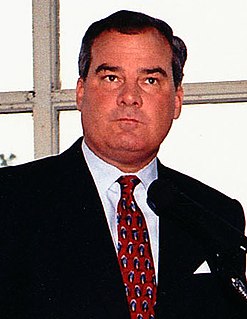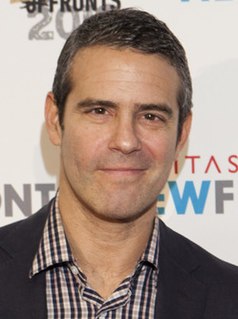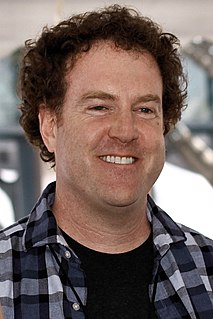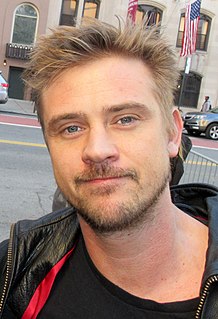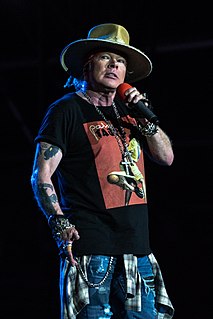A Quote by Karlie Kloss
My school in St. Louis is great. They basically created a program where I can do online classes and independent studies when I'm traveling. But then I still get to go home and take classes in a normal school environment.
Related Quotes
I was in school, but I wasn't into school. I wasn't doing what I wanted to be doing in school, which was film studies. That was what I intended on doing, but I didn't go away to a university because I wanted to stay in L.A. and audition while I took classes, so I elected to go to a community college and just take G.E. courses. It was terrible.
If you feel your school is failing you, the question is why. Is it a lack of parental involvement, large classes, school violence, poor learning environment? Are there any standards to determine where problems are? Are there tutoring or mentoring programs? If the school is still failing after 3 years then what are your options?
In the middle of my second year at school, in 1943, I got drafted into the army, was gone for three years, and when I came back, I tried to get into the painting classes which I wanted, but because of all the returned GIs [the GI Bill], everyone was in school and the classes were all full. So I looked at the catalogue and found that there was a ceramic class offered and that there was space in that. I registered for a ceramic class and some drawing classes.
I sort of tried to get a basketball scholarship out of high school, but that didn't happen. Then I started working for UPS, and that paid for tuition for school. I moved to a bigger town, Louisville. I did it for a year. I had to work the graveyard shift. And then you get off at eight for classes, so that sucked. Then I dropped out.
I never read in school. I got really bad grades-D's and F's and C's in some classes, and A's and B's in other classes. In the second week of the 11th grade, I just quit. When I was in school, it was really difficult. Almost everything I learned, I had to learn by listening. My report cards always said that I was not living up to my potential.
Those people that created the cultural Marxist thoughts, one guy by the name of Antonio Gramsci, very important within the Frankfurt School, argued against the concept of Marxist Leninism, in which it was basically the revolutionary spirit where someone would say we need to rile up the lower classes and have a revolution and take over the factories.





